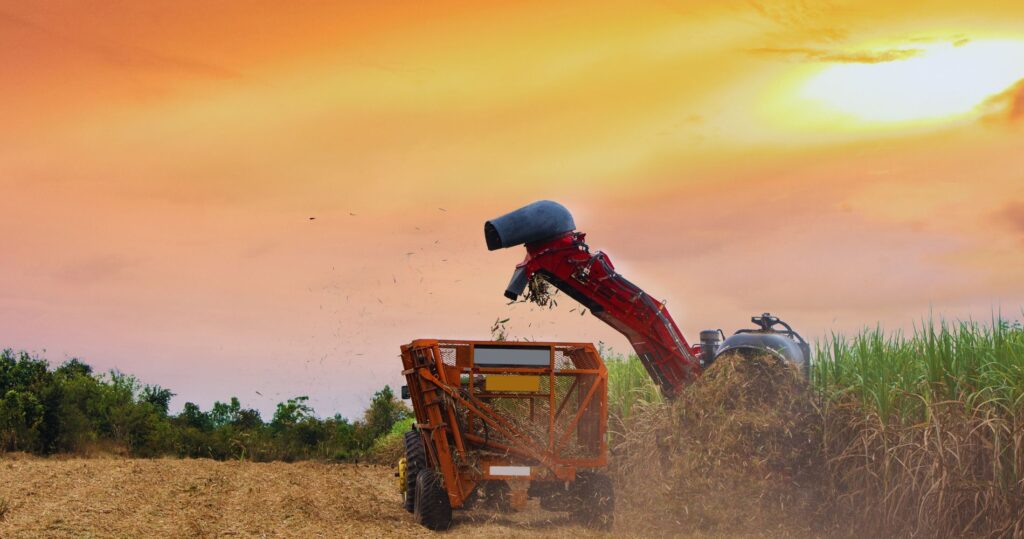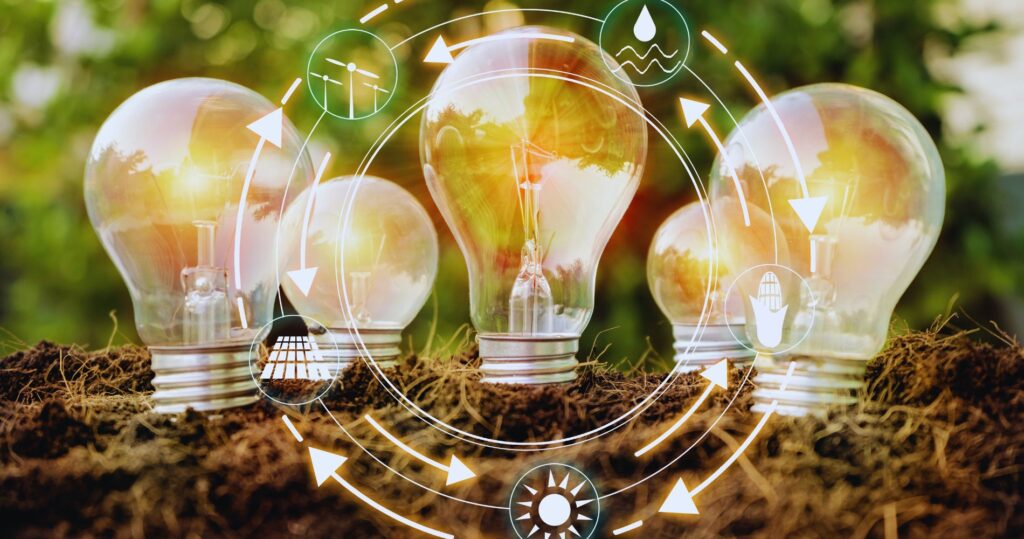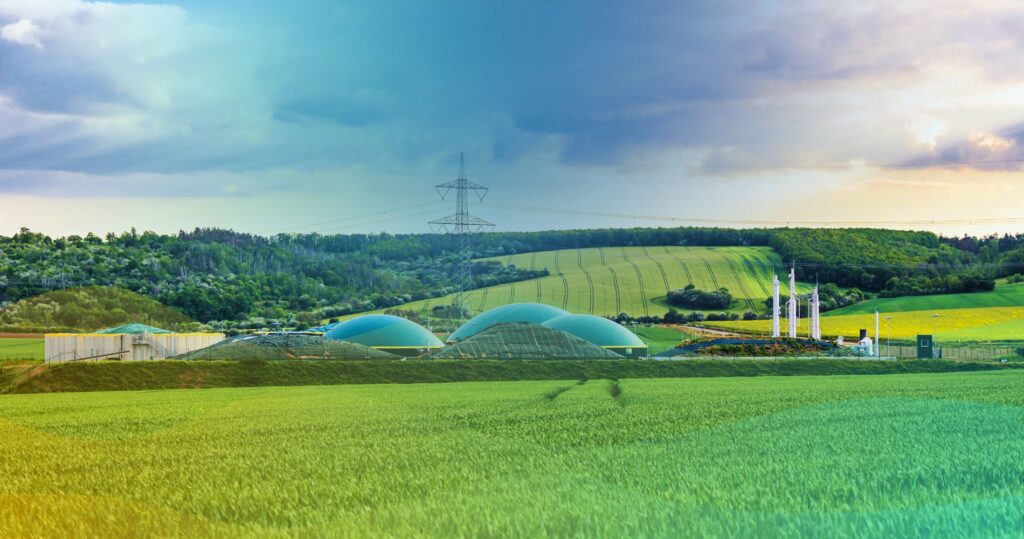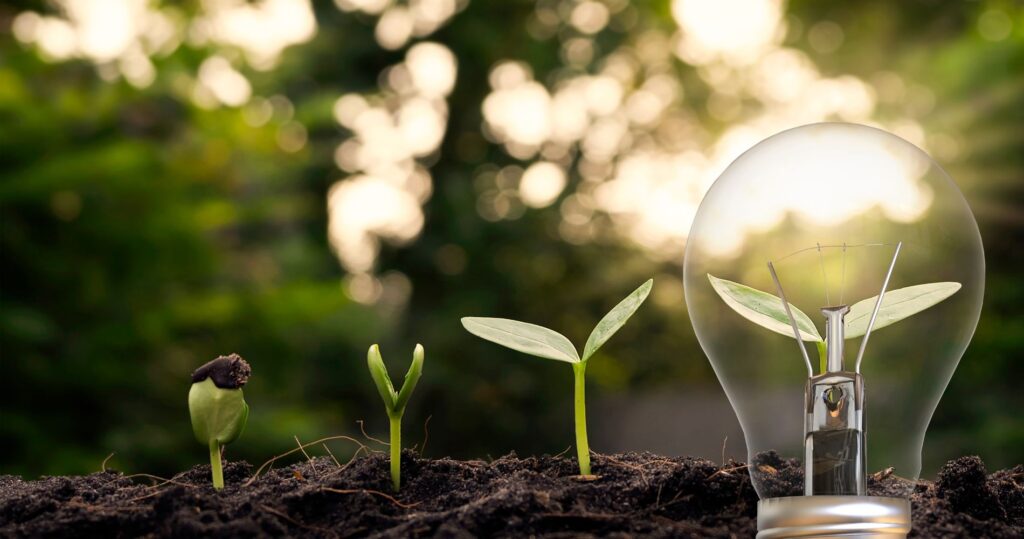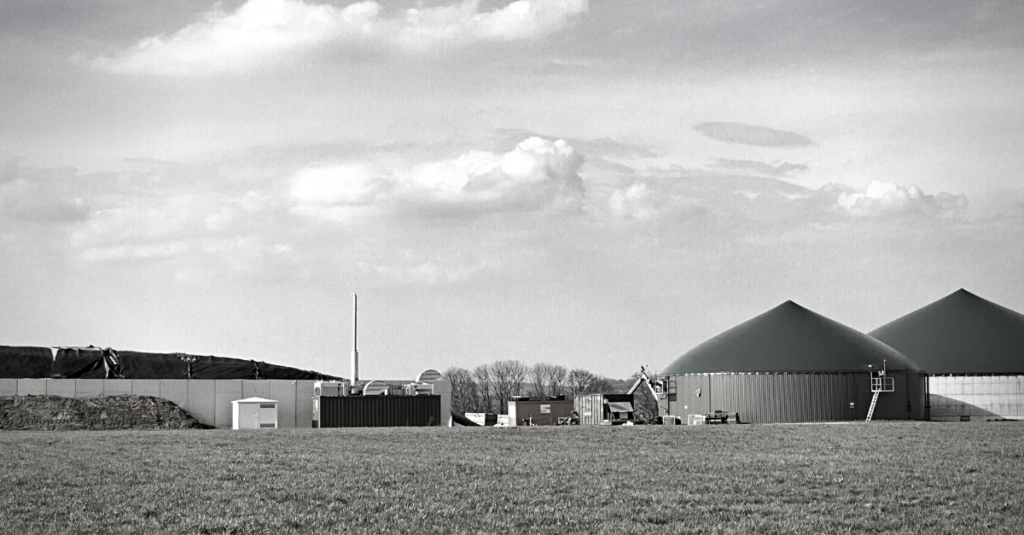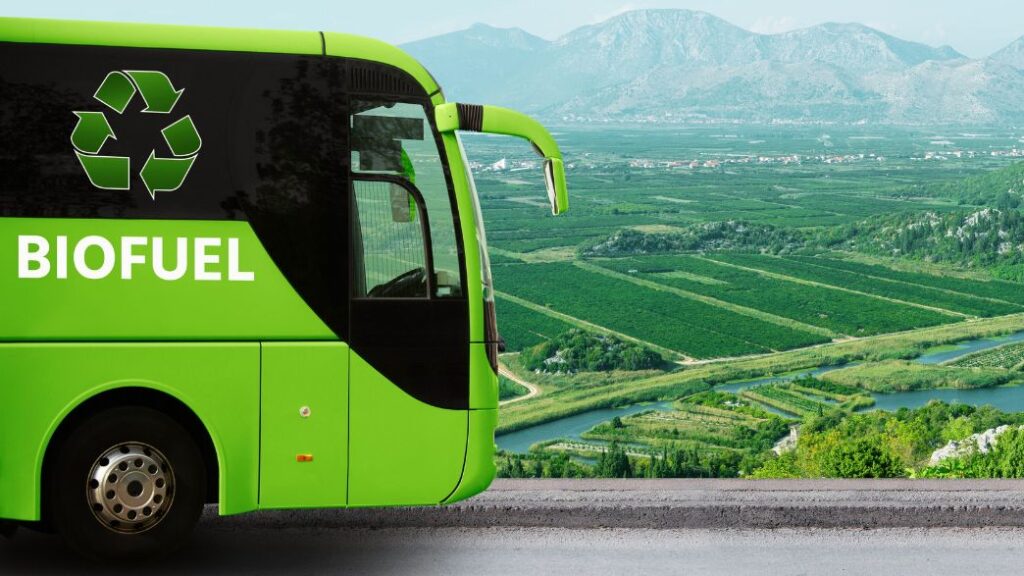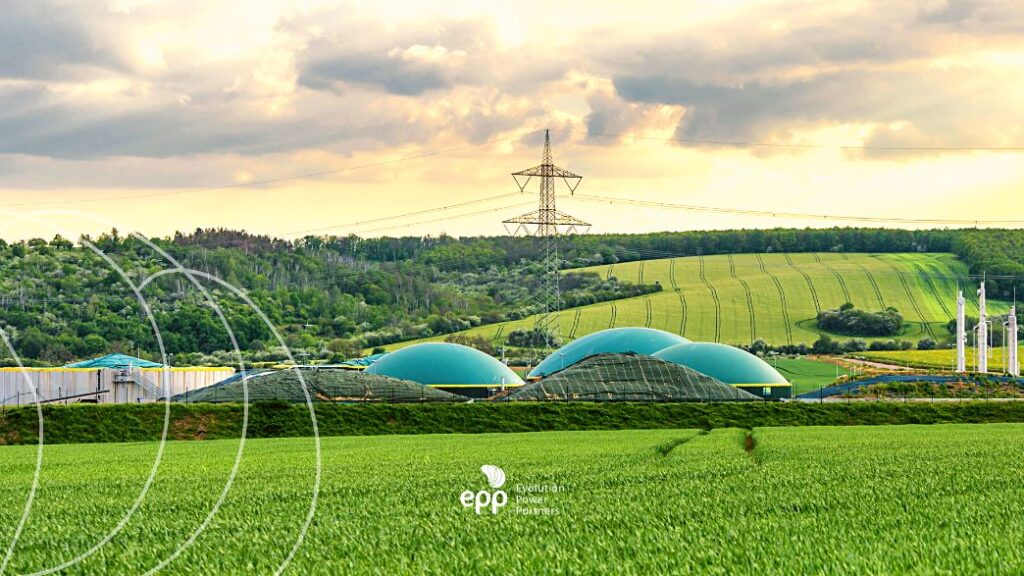RenovaBio, an ambitious Brazilian government program aimed at promoting biofuels, celebrates four years of existence facing divided opinions. On the one hand, fuel distributors request adjustments, arguing insufficiencies in the program. On the other hand, the Brazilian Biogas Association (ABiogás) praises the success of RenovaBio, highlighting its positive impacts on the environmental sector and the economy.
The bioenergy industry in Brazil has grown significantly, representing almost 20% of the country's energy supply. With technological advances and government support, companies such as Grupo Urca Energia and Gás Verde are leading the way in biomethane production, contributing to a more sustainable future.
The Earth faces significant environmental challenges, from polluting the oceans to destroying forests. In response, the global community mobilized, resulting in the Paris Agreement in 2015 aimed at limiting global warming. COP 27 reinforced the urgency of climate action, highlighting the need for food security and cuts in gas emissions.
As there is no exclusive regulation for biogas and biomethane, historically, the Brazilian regulations that govern these markets have more connection with other fuels, such as ethanol and biodiesel than with natural gas. This occurred because the laws that dealt with gas dealt only with natural gas of fossil origin, excluding other sources.
In 2022, even with increased energy demand in some countries, emissions from the energy sector are expected to decrease. The data is from the International Energy Agency (IEA) Electricity Market report, which points to a drop in overall global electricity demand of 2.4%. Thus, the values should pull emissions from the energy sector down, pointing to a decline of 0.5%.
